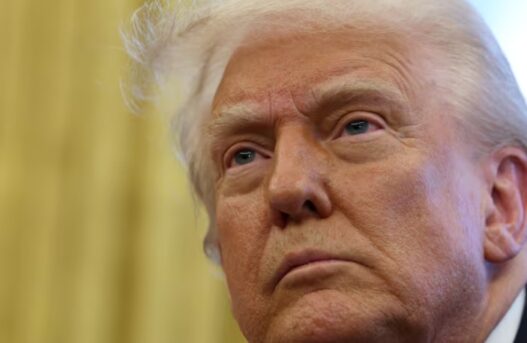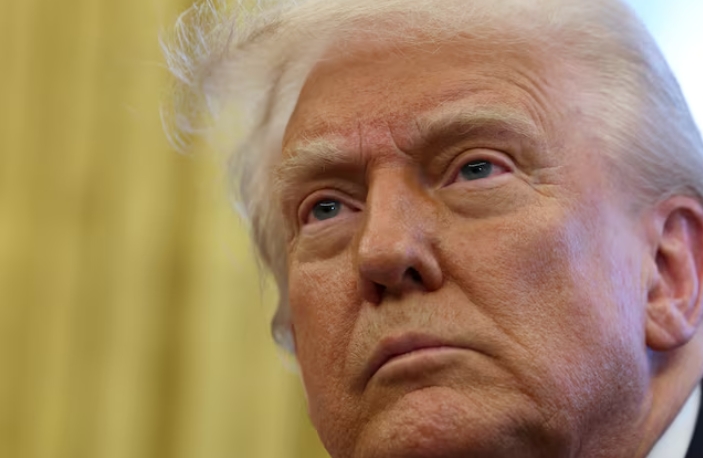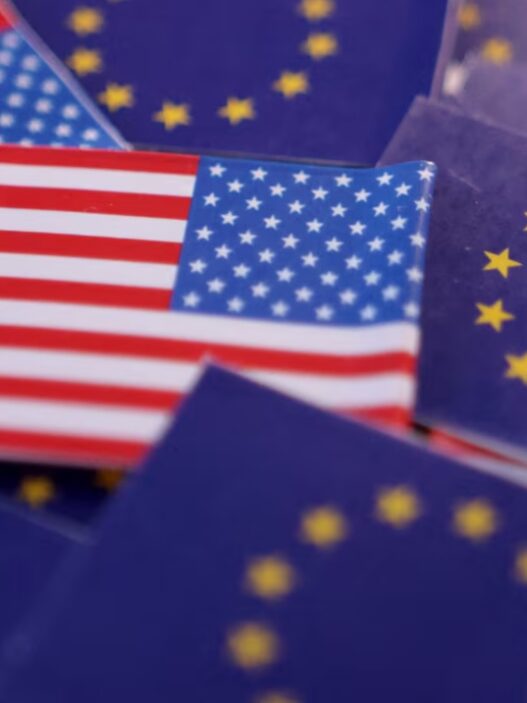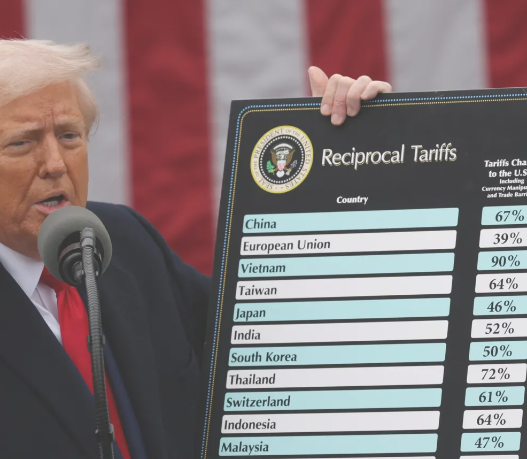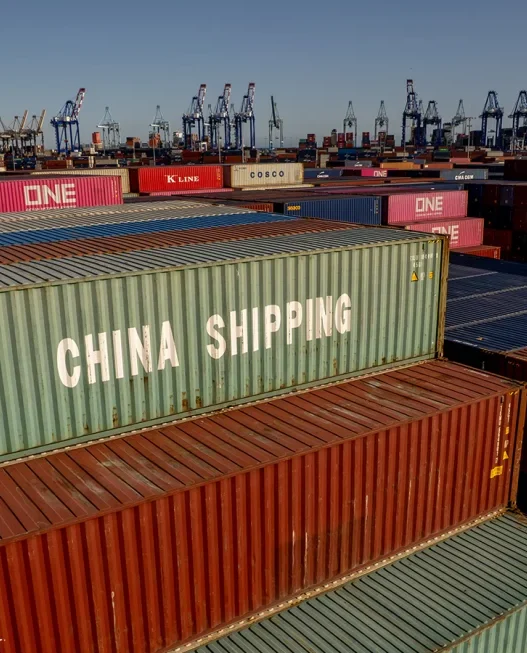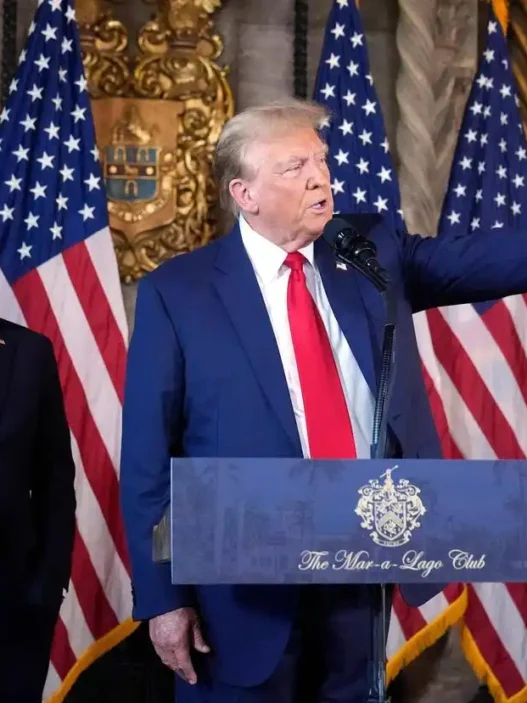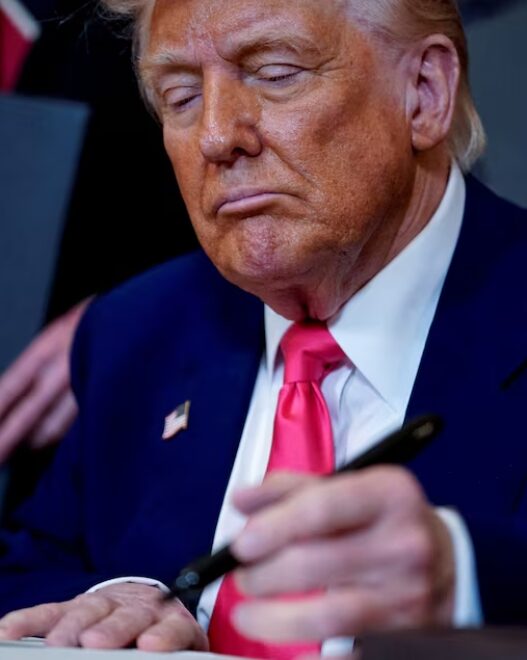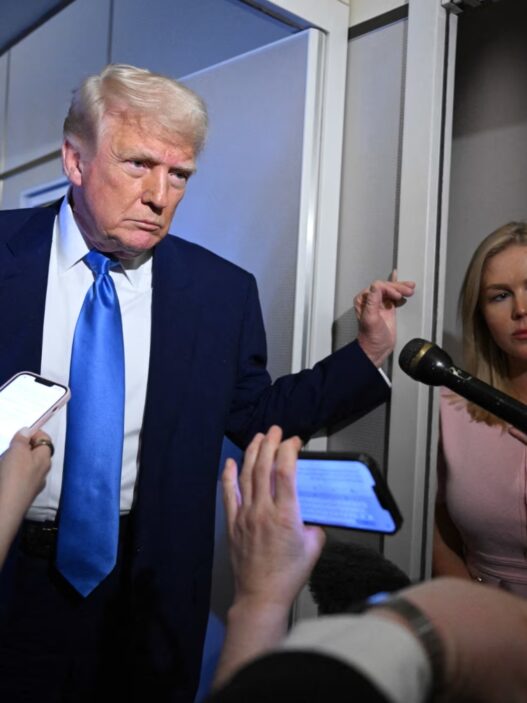According to Agence France-Presse (AFP), White House Press Secretary Leavitt confirmed on April 1 (local time) that a new round of tariffs announced by U.S. President Donald Trump would go into effect without delay. The official release is scheduled for April 2.
Tariff Plan Rolls Out Without Hesitation
Levitt told reporters at a press conference on Tuesday.
“My understanding is that the tariff announcement will be made tomorrow (April 2),” she said. “And it will take effect immediately.”
She also mentioned she had just spoken directly with President Trump about this issue.
Trump Declares “Liberation Day” with New Tariff Approach
Trump had previously stated that the U.S. would begin collecting what he called reciprocal tariffs starting April 2.
He claimed this would be a move toward trade fairness with international partners.
Trump even referred to April 2 as “America’s Liberation Day”. That phrase has sparked controversy.
Economists and investors, however, are less enthusiastic.
They warn that these new tariff measures — especially the idea of “reciprocal tariffs” — could push the country closer to a recession.
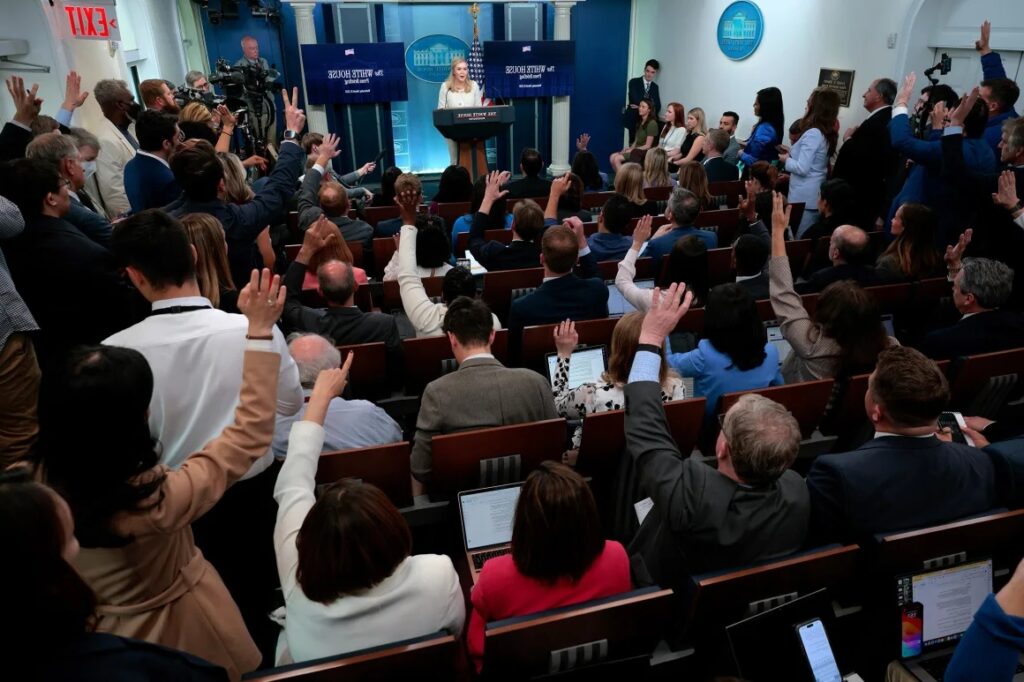
Economists Warn of Recession Risk
On March 31, Mark Zandi, Chief Economist at Moody’s Analytics, shared concerns during an interview with ABC News.
He said Trump had made it clear he had no intention of backing down from the tariffs scheduled for this week.
This stance has made many investors nervous.
“This is something that could trigger a recession,” Zandi explained.
“It’s obviously bad for businesses. It’s bad for profits. And it’s bad for stock prices.”
Inflation May Rise, Consumer Confidence May Fall
Economists are also worried about the broader effects of Trump’s protectionist strategy.
They believe these tariffs will inevitably lead to higher inflation.
At the same time, they fear the measures could shake consumer confidence.
If that happens, it could drag down spending and hurt the economy.
What’s intended as a show of strength might end up weakening the very economy it aims to protect.







